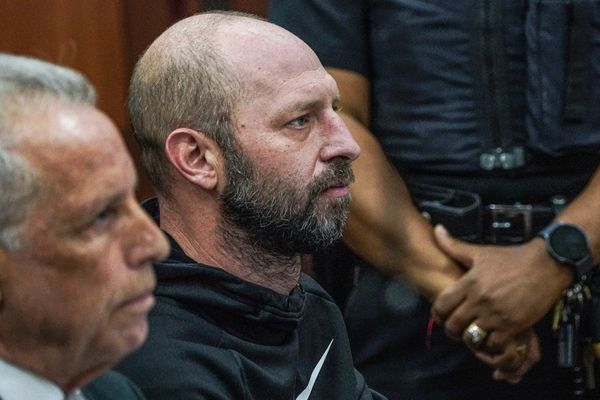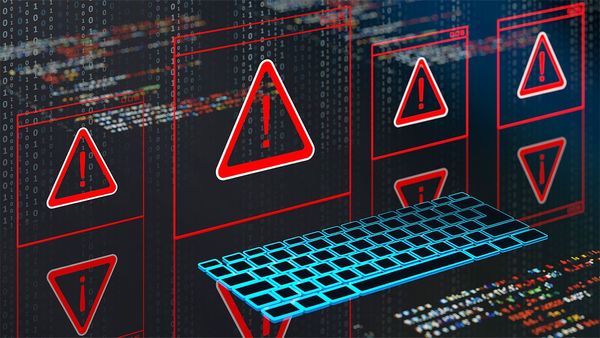It's time to face the facts: The crash in long-term Treasury bonds is reaching epic proportions. It's right up there with the tech bust of 2000 and housing debacle of 2009.
The SPDR Portfolio Long-Term Treasury ETF, which owns U.S. government debt maturing in at least 10 years, plunged more than 49% in price from its high in March 2020. That's an unnerving drop even for stocks, which are expected to be volatile.
It's downright devastating for bonds, which investors generally buy in large amounts for stability and income. Making the Treasury crash hurt more is the fact the S&P 500 is up nearly 55% in that time.
The pain is relentless. The yield on the 10-year Treasury rose from 4.6% to 4.8% just this week, sending the bonds' prices lower. But such seemingly small rises in yield mask a brutal drop in the prices of the bonds going on for years. Bond prices fall as yields rise.
"U.S. Treasury bonds (the biggest and deepest market in the world) that mature in 10 years or more have slumped 46% since peaking in March 2020," said Charles Schwab strategist Jeffrey Kleintop in a Tweet. "That's just shy of the 49% plunge in U.S. stocks in the aftermath of the dot-com bust at the turn of the century."
Time To Stop Candy Coating Bond Crash
The implosion in long-term bond prices is now among the ugliest drops in financial history.
The S&P 500 only suffered three "mega meltdowns" of 40% or more since 1945 excluding dividends, says Sam Stovall of CFRA. And those dealt massive blows to investors that took years to recover from. During those huge sell-offs, the S&P 500 ultimately lost an average 51% from peak to trough over 23 painful months. It took 58 months — or nearly five years — for investors to fully recover.
The bond market's pain is leaving a brutal mark on portfolios.
"At its recent closing low, the iShares 20+ Year US Treasury ETF was down 50.4% from its all-time closing high on Aug. 4, 2020," says Bespoke Investment Group. "While that's shy of the 57% peak to trough decline in the S&P 500 tracking ETF during the financial crisis, it exceeds the 49.1% peak to trough decline experienced by SPY during the dotcom bust."
What's Next For Bonds
It's unclear if long-term Treasuries are headed for more pain. Much hinges on whether the Fed keeps upping its target for short-term rates from the 5.25% to 5.5% range where it is now.
More rate hikes, leading to bigger drops in Treasury prices, are still possible. Treasury prices move opposite of rates, so higher rates mean more price drops.
"Inflation is still the risk. If we saw a real acceleration of inflation, that's what you would have to have before you consider a 6% Fed funds rate. That's not my base case, but it is a potential outcome," T. Rowe Price bond manager Alex Obaza told Investor's Business Daily.
If that's the case, the long-term Treasury bond crash might make other bubbles look like nothing.
Long-Term Treasury Bonds Implosion
Price changes from March 9, 2020 high
| ETF | Symbol | Ch. | Yield |
|---|---|---|---|
| SPDR Portfolio Long Term Treasury | -49.2% | 3.58% | |
| SPDR Bloomberg 1-3 Month T-Bill | -0.1% | 4.36 | |
| SPDR Bloomberg 3-12 Month T-Bill | n/a | 4.59 | |
| SPDR Portfolio Intermediate Term Treasury | -17.1% | 2.75 | |
| SPDR Portfolio Short Term Treasury | -6.6% | 3.22 | |
| SPDR S&P 500 ETF Trust* | 54.1% | 1.45 |







